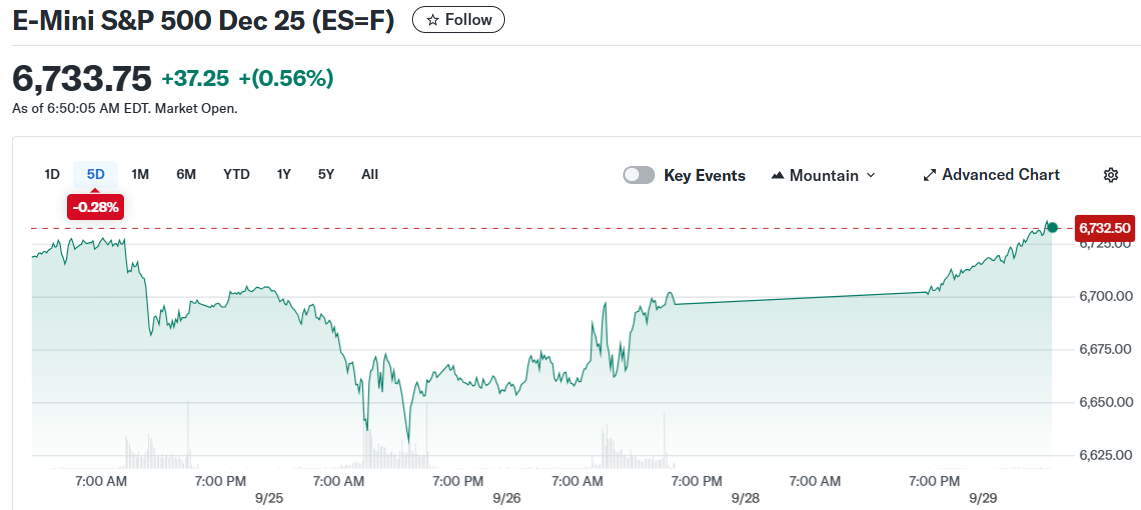TLDR
- Government shutdown likely Wednesday as Trump and Democrats deadlock over healthcare subsidies funding
- Federal Reserve could lose access to jobs report and inflation data before October policy meeting
- Dollar weakens while yen strengthens as shutdown concerns grow among currency traders
- Trump administration threatens mass federal worker firings during potential shutdown period
- Bureau of Labor Statistics may halt publication of critical economic reports affecting Fed decisions
The United States government faces its first shutdown in seven years as funding negotiations between President Trump and Democratic leaders have reached an impasse. The shutdown would begin Wednesday, October 1st, after Congress fails to pass necessary funding legislation.

Democrats demand inclusion of expiring healthcare subsidies in any funding bill to prevent Obamacare premium increases. Republicans oppose this requirement, creating the current deadlock in Washington.
Trump initially showed willingness to negotiate earlier this week. However, he abruptly canceled a scheduled White House meeting before agreeing to resume discussions with congressional leadership.
Economic Data Publication at Risk
A government shutdown poses serious risks to economic data publication during a critical period for Federal Reserve policy decisions. The Bureau of Labor Statistics would likely delay or suspend key reports including the monthly jobs report and Consumer Price Index data.
This creates what market analysts describe as a “data desert” for Fed officials. The central bank relies heavily on employment and inflation statistics to guide monetary policy decisions.
The Federal Reserve’s next policy meeting occurs in late October. Without fresh economic data, policymakers would need to set interest rates while “flying blind” according to Nomura research analysts.
The federal workforce has already contracted this year as part of broader labor market softening. Additional mass layoffs during a shutdown would accelerate employment declines across government sectors.
Currency Markets React to Shutdown Risk
Financial markets responded to shutdown concerns with notable currency movements Monday. The dollar index fell 0.22% to 97.90 after gaining ground the previous week on stronger economic data.
Currency traders currently price in 40 basis points of Fed rate cuts by December. This represents approximately 25 basis points fewer cuts than expectations held in mid-September.
The Japanese yen outperformed major currencies, rising 0.6% against the dollar to reach 148.67. European currencies also gained ground with the euro advancing 0.25% to $1.1729.
Sterling strengthened 0.34% to $1.3445 as investors sought alternatives to dollar exposure during the political uncertainty.
Analysts expect the dollar typically weakens before government shutdowns before recovering once funding disputes resolve. Markets view shutdowns as temporary headwinds for already sluggish labor market conditions.
Bob Savage from BNY noted that extended shutdowns could hamper markets’ ability to correctly price Federal Reserve policy paths. Private data sources might fill some information gaps but cannot fully replace official government statistics.
A legal battle over Federal Reserve Governor Lisa Cook adds another layer of uncertainty. The Trump administration seeks Supreme Court permission to remove Cook from her position, raising concerns about Fed independence.
Congressional leaders from both parties plan to meet with President Trump on Monday for final negotiations before the Wednesday deadline.





